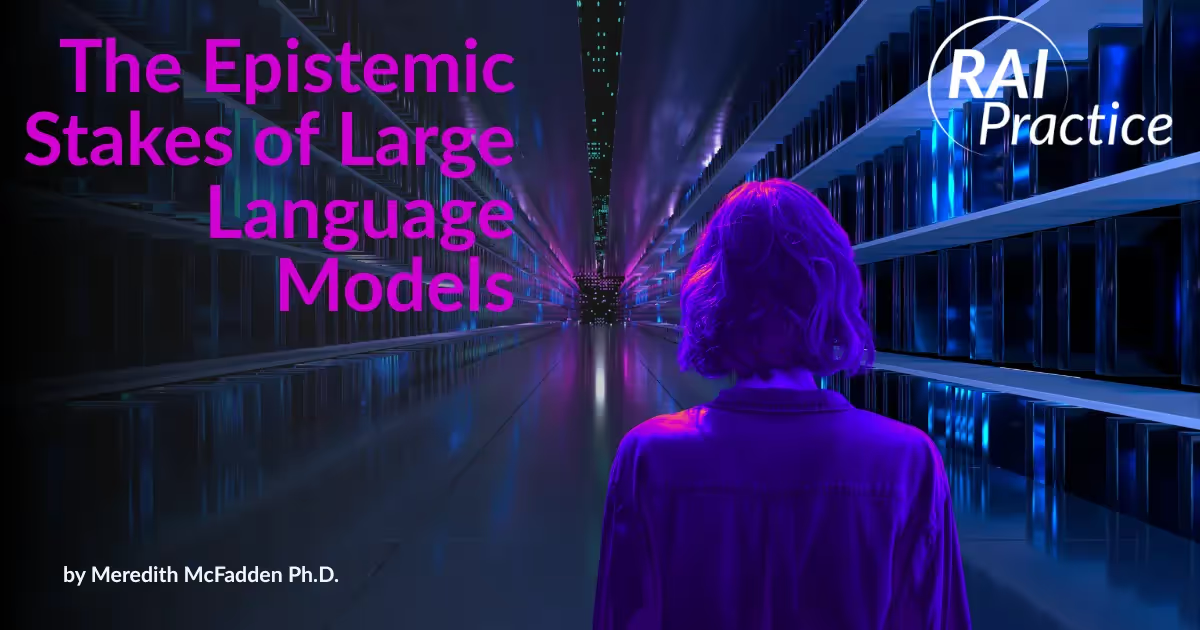AI’s Speed Trap: What JPMorgan Chase’s Open Letter Means for Every Business
.avif)
When JPMorgan Chase sounds the alarm, smart companies listen.
In a recent open letter to its third-party suppliers, JPMorgan Chase highlighted an urgent and growing risk: AI security vulnerabilities are accelerating faster than companies can contain them.
The financial leader’s assessment was sobering:
- The rush to release new AI-driven features, often driven by intense market competition, is outpacing security best practices, leading to dangerously under-secured deployments.
- Many companies cannot explain how their AI makes decisions.
- Security vulnerabilities have tripled since the mass adoption of AI tools.
And beyond JPMorgan’s own observations, a recent national survey found that 79% of cybersecurity professionals say their organizations struggle to classify the sensitive data used to train AI/ML systems, and 77% say they can't ensure proper access rights are respected by those systems.
Some industry observers have paraphrased JPMorgan CISO Pat Opet’s stance as:
"We’re seeing organizations deploy systems they fundamentally don't understand."
While not found in the official letter, the sentiment captures the risks JPMorgan is urging companies to address. The race to innovate has created a dangerous dynamic: speed over security.
At The Institute for Experiential AI at Northeastern University, we see this reality firsthand every day. That’s why our Responsible AI Practice exists — to help organizations slow down, assess, and shape their AI initiatives before vulnerabilities grow out of control.
Whether you're just getting started or already mid-stride, the right foundation matters. That’s why we created the AI Ignition Engine — a guided framework to help organizations build, realign, and strengthen their AI capabilities, responsibly and pragmatically. It’s not about abandoning progress; it’s about making sure you’re set up for lasting success.
→ Explore the AI Ignition Engine
The Pit Stop You Can’t Afford to Skip
In racing, pit stops are a vital part of winning — not a waste of time.
They ensure your car can survive the full race, adapt to changing conditions, and finish strong.
The same principle applies to your AI strategy.
It’s not enough to launch AI projects and hope for the best. Organizations need deliberate, strategic “pit stops” to:
- Check the security, bias, and transparency of AI models
- Tune systems for changing regulations and risk profiles
- Refuel with governance structures that actually scale
Skipping these steps leaves you vulnerable — not just to technical failures, but to financial, reputational, and regulatory consequences.
What Responsible Leaders Are Doing Next
Following JPMorgan's lead, forward-thinking companies are:
- Embedding Responsible AI practices early — before and throughout AI development
- Establishing clear accountability for how AI systems are built and used
- Making transparency and documentation standard, not optional
- Evaluating AI systems for robustness, reliability and unintended consequences — not just security vulnerabilities
- Building interdisciplinary teams to guide, monitor, and evolve AI practices over time
At the Institute for Experiential AI, we help organizations take these critical steps through customized Responsible AI assessments, executive education, and advisory partnerships that translate theory into action.
→ Learn more about our Responsible AI Practice
And we’ve been diving deeper into this landscape in our latest news coverage:
- Responsible AI is a business imperative — not just a technical challenge
- Is AI a game-changer for your business — or just an expensive distraction?
- Beyond the hype: What organizations really need to do before jumping into AI
- Navigating the ethical challenges for Responsible AI
- Bridging the AI trust gap: Why employees and leaders see AI differently
The Road Ahead
We don’t know exactly where the AI race is headed.
But with the right partners you can cross the finish line stronger.
Our team of AI experts will prepare you for the race and support you at every stage.
Ready to start?
→ Talk to our team today.

.avif)

.avif)
